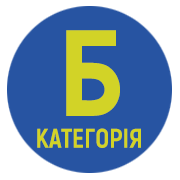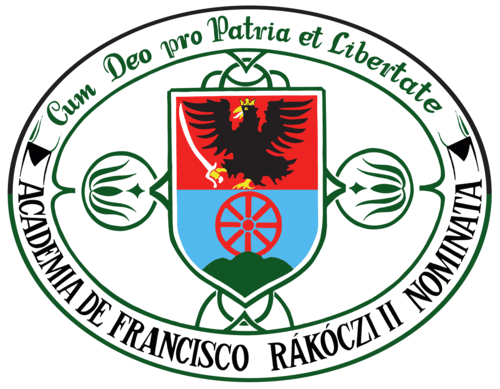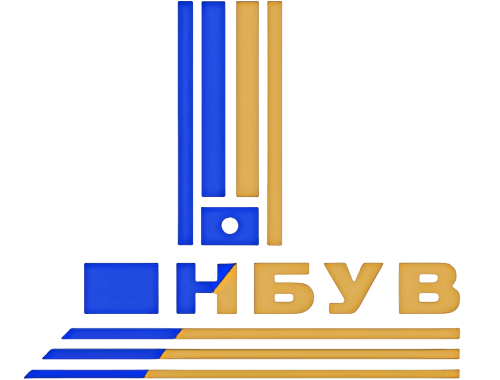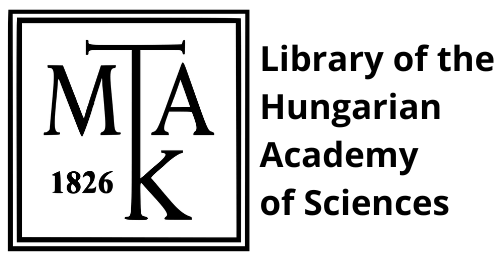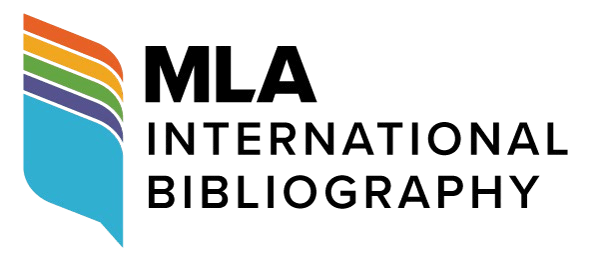О-мовлення досвіду Іншого в художньому творі (на прикладі містичного оповідання Софії Яблонської «Зачарований рік»)
DOI:
https://doi.org/10.58423/2786-6726/2025-1-114-127Ключові слова:
література подорожей, досвід Іншого, поетика містичного, Софія Яблонська, міфологічність, бінарні опозиції, символічна числова змістовністьАнотація
У дослідженні з’ясовано, що в українській літературі першої половини ХХ ст. чільне місце належить стратегії о-мовлення мандрівного досвіду письменниками. З-поміж здобутків літератури подорожей зазначеного періоду особливий інтерес становить доробок Софії Яблонської. Наголошено, що, подорожуючи, вона прагнула пізнати світ і себе у світі, тому в її творах зосереджено увагу на різних аспектах, наприклад, екзотичності країн, національному наративі (Свій / Інший), погляді мандрівниці на Іншого, пізнанні простору Іншого, погляді Іншого на мандрівницю. Феномен китайськості Софія Яблонська розкривала поступово: о-мовлювала в творах, закарбовувала у світлинах, фільмувала. В оповіданні «Зачарований рік» письменниця вдалася до поетики містичного, завдяки чому вона актуалізувала особливий художній дискурс, а також описала досвід Іншого. Констатовано, що у зображенні містичного домінують архаїчно-міфологічні світоглядні уявлення, що зумовлює віру в досконалість «міфічної» свідомості та істини «верховної мудрості міфічного пра-часу» (Г.-Ґ. Ґадамер). Одним із інструментів посилення містичного стала числова символіка, котра апелювала до міфомислення, де число виконує функцію провідника, залучає профанне в міфічно-релігійний процес «освячення». Виявлено, що структуроутворюючим для оповідання став універсальний принцип організації міфу, а його смисл конструюється під час розкриття дихотомій Європа / Азія, традиційний Китай / модерний Китай. Відповідний спосіб світорозуміння оприявнюється через ставлення до ґеніїв, які наділені надприродними властивостями і здатні впливати на життя людини. Якщо в тлумаченні артефактів і практик китайської культури представники першої світоглядної стратегії пояснення зводили до площини матеріально-речовинного і логіко-раціоналістичного (Сімон, Шен-Та-Ко, молодий лікар), то представники другої світоглядної стратегії апелювали до ірраціонального, непідвладного ratio (Ріта, Ляо-Шен, бонза з Тибету). Конфронтація двох світоглядних позицій зумовлює появу третьої, за якою формувалось розуміння досвіду Іншого як такого, що переважає гостротою суджень (консули, старий лікар, героїня-оповідачка). Містичне як чинник поетики твору в оповіданні виконує синтаксичну функцію. Атмосфера містичного нагнітається поступово, воно «промовляє» загадково й повчально. Здійснений аналіз дав підстави зробити висновок, що письменниця залучила містичне в літературний твір із гносеологічною метою.
Посилання
Havryliv, Tymofii 2018. Identychnisni implikatsii: «Z krainy ryzhu ta opiiu» Sofii Yablonskoi-Uden [Identity Implications: «From the Land of Rice and Opium» by Sofia Yablonska]. Ukraina: kulturna spadshchyna, natsionalna svidomist, derzhavnist 31: s. 251–266. http://nbuv.gov.ua/UJRN/Uks_2018_31_23 (In Ukrainian)
Gadamer, Hans-Georg 2000. Istyna i metod. T. 1. Hermenevtyka I: Osnovy filosofskoi hermenevtyky [Truth and Method. Vol. 1. Hermeneutics I: Fundamentals of Philosophical Hermeneutics] / Pereklad z nim. O. Mokrovolskyi. Kyiv: Yunivers. (In Ukrainian)
Maftyn, Nataliia 2011. Mistychne yak vyiav hotychnoi literaturnoi tradytsii v zakhidnoukrainskii malii prozi mizhvoiennoho dvadtsiatylittia [Mysticism as a manifestation of the Gothic literary tradition in West-Ukrainian prose of the interwar twenties]. Pytannia literaturoznavstva 84: s. 193–202. http://nbuv.gov.ua/UJRN/Pl_2011_84_27 (In Ukrainian)
Mnykh, Roman 2011. Dekilka zauvazhen pro katehoriiu mistychnoho v literaturi [A few remarks on the category of the mystical in literature]. Poetyka mistychnoho: kolektyvna monohrafiia / uporiady. O. Chervinskoi. Chernivtsi: Chernivetskyi natsionalnyi universytet imeni Yuriia Fedkovycha, s. 47–58. (In Ukrainian)
Yurchuk, Olena 2023. «…Prykryta holubym nebom budu zmalovuvaty vam krasu Marakeshu…»: refleksiia skhodu v knyzi «Char Maroka» Sofii Yablonskoi [“...Covered by the Blue Sky, I will Depict the Beauty of Marrakech for You.”: Reflection of the East in the book “The Charm of Morocco” by Sofia Yablonska]. Vcheni zapysky Tavriiskoho natsionalnoho universytetu imeni V. I. Vernadskoho. Seriia: «Filolohiia. Zhurnalistyka» 34(73)/5: s. 162–167. https://doi.org/10.32782/2710-4656/2023.5/28 (In Ukrainian)
Yurchuk, Olena – Chaplinska, Oksana 2024. Poetyka mistychnoho v khudozhnii literaturi: teoretychnyi aspekt [The poetics of the mystical in fiction: Theoretical aspects]. Visnyk Zhytomyrskoho derzhavnoho universytetu imeni Ivana Franka. Filolohichni nauky 2/103: s. 42–52. (In Ukrainian)
Yablonska, Sofia 1972. Dvi vahy – dvi miry: opovidannia ta narysy [Two Weights, Two Measures: Stories and Essays]. / Vst. sl. M. Kalytovskoi. Paryzh: Imprimerie P.I.U.F. (In Ukrainian)
Yablonska, Sofia 2018. Lysty z Paryzha. Lysty z Kytaiu: Podorozhni narysy, novely, opovidannia, esei, interviu [Letters from Paris. Letters from China: Travelogues, Novels, Stories, Essays, Interviews] / Uporiadkuv., peredm., lit. red. i prym. Vasylia Gabora. Lviv: LA «Piramida». (In Ukrainian)
URL 1: Kozlovskyi, I. A. Karma. Velyka ukrainska entsyklopediia [Karma. The Great Ukrainian Encyclopaedia]. https://vue.gov.ua/Карма (Accessed: 18.12.2024). (In Ukrainian)
URL 2: Spengler, Oswald. Der Untergang des Abendlandes [The Decline of the West]. http://www.zeno.org/Philosophie/M/Spengler,+Oswald/Der+Untergang+des+Abendlandes (Accessed: 23.12.2024). (In German)
URL 3: Cassirer, Ernst 1923. Philosophie der symbolischen Formen 3 Bde. 1. Auflage: Bruno Cassirer, Berlin. Teil 1. Die Sprache [Philosophy of Symbolic Forms, 3 volumes. First Edition: Bruno Cassirer, Berlin. Part 1. Language]. https://archive.org/details/philosophiedersy0000cass_m2w4/page/n1/mode/2up (Accessed: 23.12.2024). (In German)
Downloads
Опубліковано
Як цитувати
Номер
Розділ
Ліцензія
Автори зберігають авторські права та надають журналу право першої публікації. Водночас робота ліцензується за умовами ліцензії Creative Commons Attribution 4.0 International License (CC BY 4.0), що дозволяє іншим поширювати матеріал за умови належного посилання на автор(ів) та первинну публікацію в цьому журналі.

